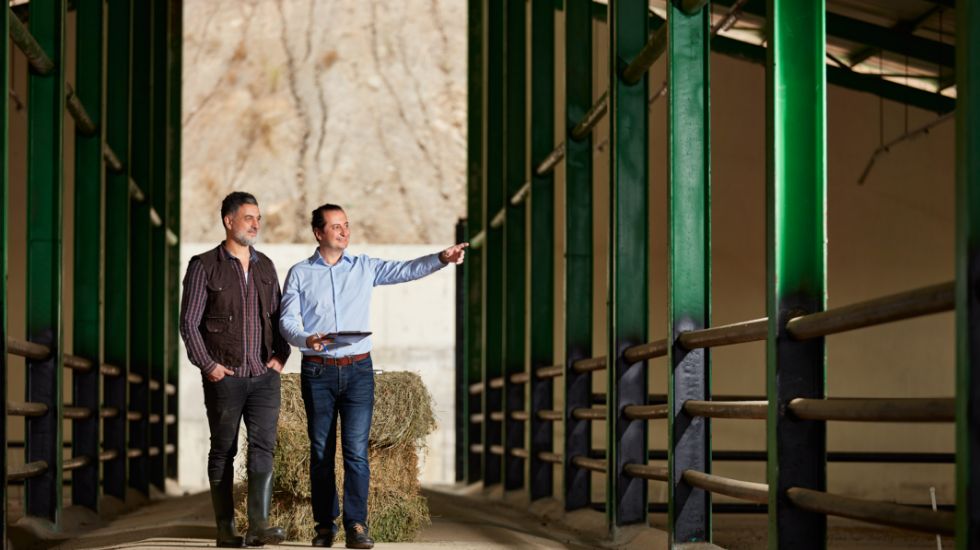
Insight
As spring comes into full swing and the sun begins to shine, landowners should be aware of the proposed amendments to the Countryside and Rights of Way Act 2000.
The Countryside and Rights of Way Act 2000 (Amendment) Bill (the Bill) is currently in the midst of its second reading in the House of Commons. The stated purpose of the Bill is ‘to extend the right of public access to the countryside, including to woodlands, the Green Belt, waters and more grasslands; and for connected purposes’. Such amendments would follow the model adopted by Scotland in 2003 and would purport to extend the legal access of English land from 8% to around 30%, whilst also permitting recreational activities, such as swimming and camping.
The Bill envisages a society more connected to nature, with a better understanding of the countryside as a living place of work, therefore acting to boost rural tourism. Whilst this is an admirable objective, it is important that the interests of landowners and the security of crops and livestock are not compromised in achieving this goal.
Should the Bill be passed, Landowners will be concerned about how extended rights of public access may affect their land and their livelihoods. The National Farmers Union has expressed its concerns in this respect and has urged MPs not to support the bill.
To address some concerns, Caroline Lucas, who is the sponsor of the Bill, has suggested promoting and educating groups on the recently revised Countryside Code, to ensure those exercising their ‘Right to Roam’ do so without compromising the interests of landowners and without threatening wildlife.
It remains to be seen whether the Bill will be passed successfully and, if so, what the effect will be for landowners.
As the Bill progresses, it will be important for landowners to understand how the rights potentially granted by the Bill, and any additional future rights, may impact their locality.
Here at Thomson Snell & Passmore, we can assist landowners in relation to such rights and the effect they may have on their land and businesses.
